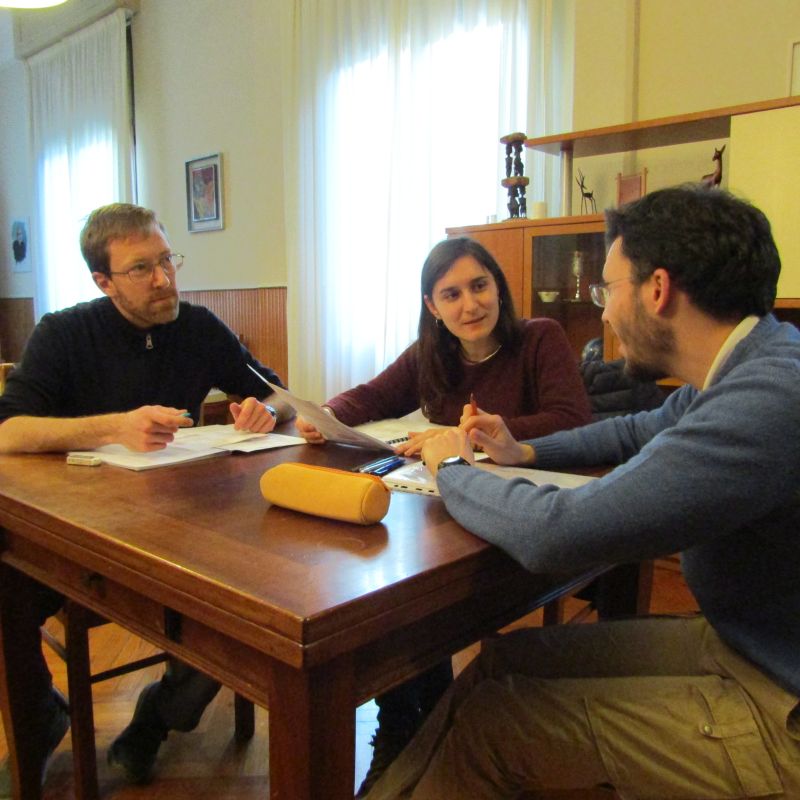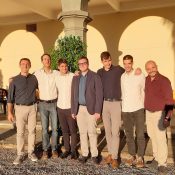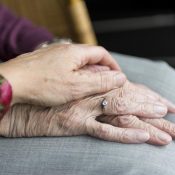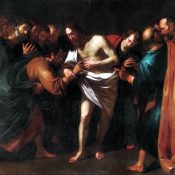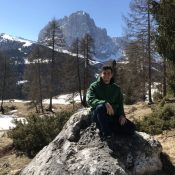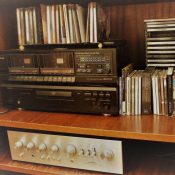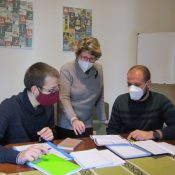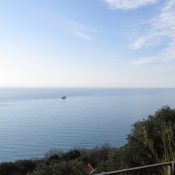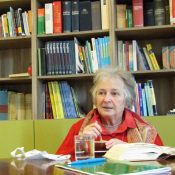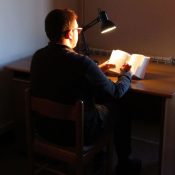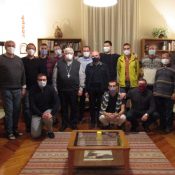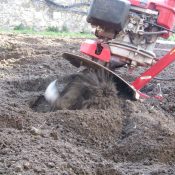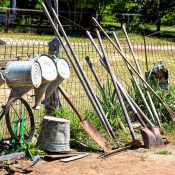Once a week some of us take a Spanish course and others an English course. Since 2018, Adele Andreoli has been teaching languages to Jesuit novices.
How did you get to know the Jesuits?
Already in my teenage years I had often heard about the Jesuits and their proposals for young people from some of my friends who were part of MEG (Movimento Eucaristico Giovanile, a movement for children and youth between 8 and 23 years), participating in camps in Selva, following spiritual paths and guided experiences. Also in my scouting career I was lucky enough to meet some Jesuit novices (I remember in particular Father Gabriele Semino) who carried out their apostolate in my group, Genova 26, when I was 13/15 years old.
Let’s say, however, that a deeper and more conscious knowledge of the group only came about in 2016 when, again thanks to the testimonies of friends, I decided to embark on the VIP path, exercises in ordinary life, led at the time by Father Cavallini, Father Mattaini and Father Ray Pace together with other guides. The experience was so intense and positive, it responded so well to what I was looking for, that the same summer I took part in the pilgrimage to the Holy Land organised by Father Cavallini, Father Iuri Sandrin, Father Matteo Suffritti and Father Antonio Ordóñez, who just recently died.
Since then my ‘attendance’ at the Jesuits has continued fairly steadily, from masses at the Chiesa del Gesù, to weeks of spiritual exercises, spiritual journeys first individual and then as a couple, led by Father Agostino Caletti, to getting to know and attending the novitiate and the novices who have attended Spanish and English classes in recent years.
Is there one thing that characterises the novices you have met over these years?
They are people on a quest, who put themselves on the line in an authentic, courageous and free way to understand whether the Society is really the right path for them. In spite of the apparent immobility of life in the novitiate, it seems to me that I can glimpse a continuous movement, a great transformation during their journey, certainly thanks to the proposals and experiences they have had in these two years.
What do you dream of for the Church in the future, and what can the Society of Jesus do to make this dream come true?
I dream of a Church that is open to dialogue and where the community is, and feels itself to be, more and more a protagonist and an active part of the life of the Church. A welcoming and inclusive Church, able to listen and read the signs of the times and to open its doors, not only metaphorically, to those who are left on the margins of our society.
In my brief and limited knowledge of the Society, I have often found this openness, willingness to dialogue, but above all a way of proclaiming and ‘breaking’ the Word that has been revolutionary for me: the ability to read, meditate on and actualize the Gospel as I had rarely seen before. This gave a new impetus to my life of faith, a newfound hope and the awareness of being a beloved daughter of the Lord.
There are many ways and fields in which the Society is committed and works towards the dream I have of the Church: I am thinking of the many proposals for paths of faith for young people, the accompaniment of couples, of families, of the various groups, including adults, that exist, of the family communities born from the experience of Villapizzone, the retreats of spiritual exercises, the summer experiences of walking, faith and service; but also the many realities of being close to and welcoming the most excluded and vulnerable: San Marcellino and Centro Astalli come to mind. All these are instruments that help to move in the direction of a community that is more aware and more involved in the life of the Church and in the social responsibility that we have as citizens and as Christians.
The great merit of the Society, and what I think it can continue to do, is to help young people and the community to read the signs of the times in the light of the Gospel, to help them read the message that the Word has to say to each one in the time in which we live, to help them discern and act in our present so as to live a full life.
Can you share with us a desolation you have received in the last period?
I can’t think of a specific desolation, but thinking about the last period I feel a rather generalised desolation due to this prolonged period in which relationships have changed, opportunities to meet each other are difficult and must be sought with difficulty. It is a period in which, in addition to forced isolation, I have also experienced a progressive distancing from others, from friends, but also from people in general, from casual encounters. This distance makes me feel a strong lack of relationships and community, sometimes leaving me with a sense of bewilderment and desolation.
Can you share with us a consolation you have received in this last period?
Still thinking about this last period, I think that the moments of consolation are all those spaces for socialising, meeting and relating that we manage to maintain, the groups I belong to and with which I am lucky enough to be able to meet to continue walking and planning together.
2021-03-17
